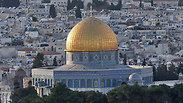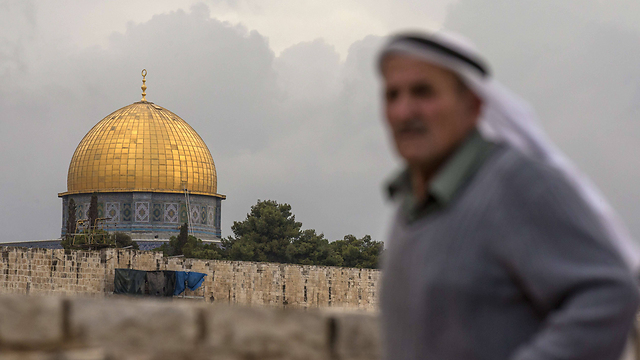
The visit by Iyad Madani, secretary general of the 57-nation Organization of Islamic Cooperation, came at a sensitive time following months of tensions and violence surrounding the site in Jerusalem's Old City. The hilltop compound is revered by both Jews and Muslims and is a frequent flashpoint of violence.
Madani is a citizen of Saudi Arabia, an Arab country that does not have diplomatic relations with Israel and which serves as the guardian of Islam's most important sites. Al-Aqsa is Islam's third-holiest site, after the cities of Mecca and Medina in Saudi Arabia.
"Coming to the mosque is a right for me as well as every Muslim," Madani said. "It is our right to come here and to pray here. No occupation authority should take this right from us."
The hilltop compound housing Al-Aqsa lies at the heart of the dispute over Jerusalem. Known to Jews as the Temple Mount, it is the most sacred place in Judaism, revered as the home to the ancient Hebrew temples.
The conflicting claims to the site have often spilled over into violence, most recently late last year as visits to the compound by nationalist Jews fueled rumors that Israel was plotting to take over the site. Israel angrily denied the claims, but the tensions led to violent protests by Palestinians, Israeli restrictions on Muslim access and a wave of Palestinian attacks that killed 11 people.
While Madani's predecessor, a Turk, also visited Jerusalem, visits by Saudi dignitaries are rare and need to be coordinated with Israel.
















